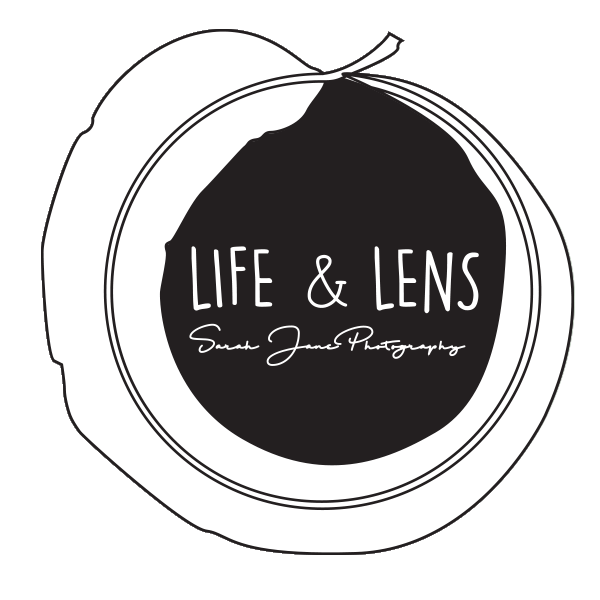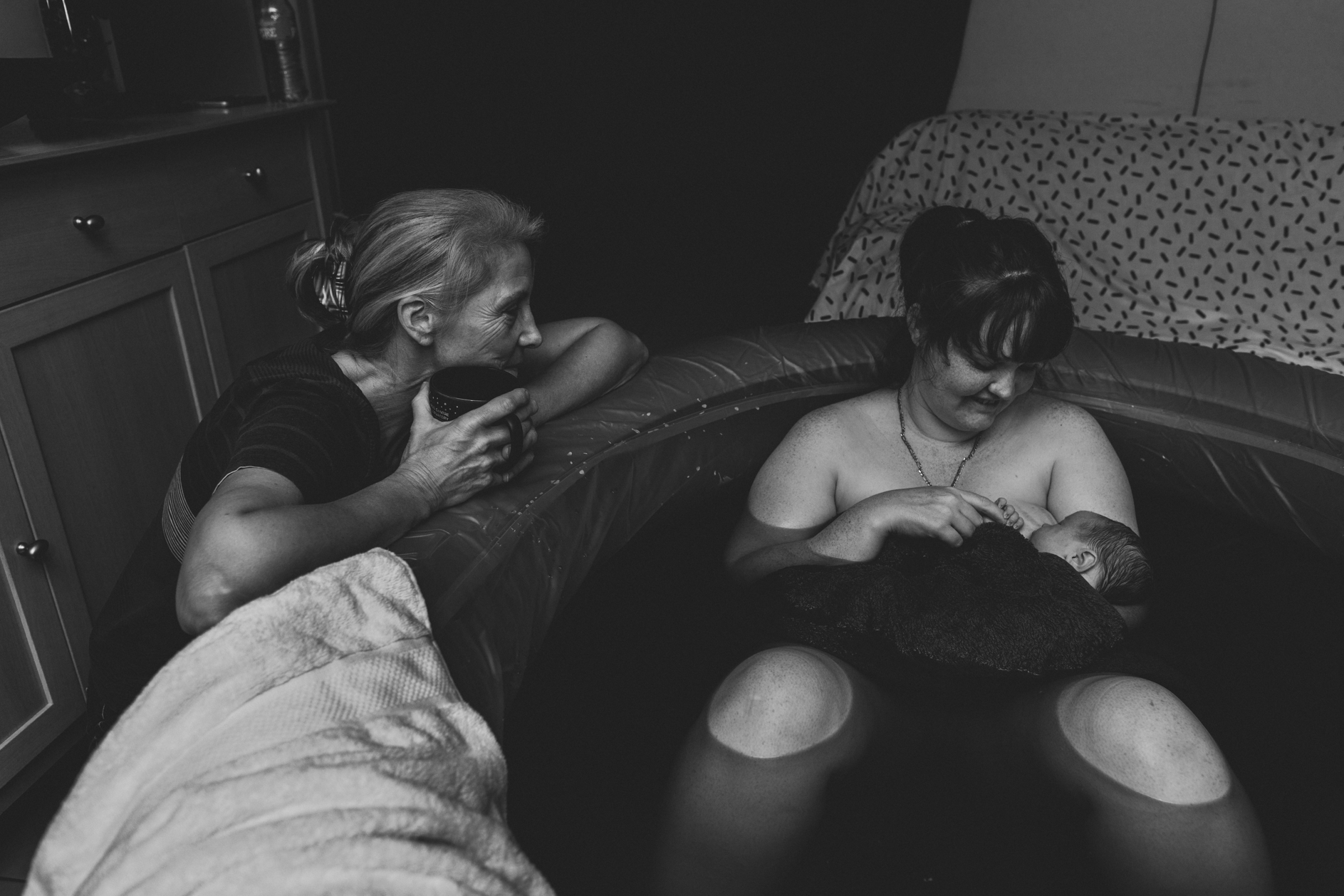Language matters
Language is such a crucial part of our lives, the language you choose to use can have profound impacts on the outcome of most situations in your life – so why is it so commonly disregarded in the birth space?
Many birth stories I have heard or even been witness to myself, suffered from narratives marred with poor choice in language from health care providers.
I have heard too many c-section stories in which the surgeons and assistants in the room were discussing their lunch or weekend plans, whilst they assisted the mother to birth her baby.
What happened to the sanctity of birth? Surgery or not, that woman is birthing her baby and she deserves respect and courtesy, not to have her experience downplayed and belittled to be just ‘another job’ from the medical team.
How much of a difference could we make to a woman’s birth journey by switching up the use of our language? How much trauma could we eliminate by choosing our words carefully and making a conscious effort to bring every decision and choice in the birth space back to the mother?
If you’re a birth worker who has attended both home and hospital births, or if you are a mother who has birthed in both settings, you will know what I mean.
The language used by birth professionals in home births vs the language used in the hospital setting are often on opposite ends of the spectrum.
In hospitals, I feel there is always a sense of emergency, urgency and danger present. Maybe it is underlying, thinly veiled beneath the surface but it is there. It feels clinical and sterile. Sure, I have attended hospital births that felt welcoming and peaceful but these environments were curated by the birthing mother.
The culture of birthing in hospital is that you are the patient, and you will be treated as such whilst the staff ‘deliver’ your baby. The language used is medical with terms that not everyone can understand, and the staff rarely have time to explain them, let alone the ‘patients’ often feeling comfortable enough to ask for an explanation. There is always a feeling that women must simply trust that the hospital staff are doing what is best, and that we shouldn’t ask questions. When staff say things that feel insensitive or inappropriate we chalk it up to them being busy, or stressed – but we all have bad days, and if you can’t bring yourself to clean your bad energy before entering a woman’s birth space then possibly you are in the wrong line of work…
On the flipside, in the homebirths that I have had the pleasure of being a part of, the people present are much more aware of the energy in the room and how susceptible the mother is to the language being used in her birth space. The language used is calm and soft; the power is always held with the mother, the birth professionals are merely there to guide and hold her.
And the changes may be subtle, but the effects are far reaching…
“I’m just going to examine you now”
VS
“Do you mind if we examine you now?”
…
“We need to do X,Y,Z; now!”
VS
“I think we should do X,Y,Z. How do you feel about that?”
It’s super simple stuff, it takes only a second to rephrase your words but can have the most lasting impact on the birthing mother and the feeling she is left with post birth.
Further to this, and possibly more importantly; the words we use around labouring and birthing women can impact the progress of her labour. Labouring women are cracked wide open, and whilst they may not appear to be ‘present’ and be able to hear you, believe me….they can.
Birthing women are in such a vulnerable state that the words they hear and the language used around them can trigger an emotional response such as fear or hope.
And as I’ve discussed in previous blogs (read about it here), these emotional responses can trigger the release of flight or fight hormones which have a direct impact on the progress of labour.
Earlier this year, I attended a hospital birth in which the first time mum was striving for a vaginal birth. Her labour progressed well, she reached fully dilated and was listening to her body and pushing when given the urge. Everything was going fine, until an OB who was unknown to the mother, walked into the room with a form and pen in hand.
He thrust the paper under the mother’s nose and told her that it was his recommendation that she go back for a c-section. Actually, he said that he could ‘try’ to get her baby out via vacuum but that he would probably need to ‘cut’ her to do that and that ‘you’d most likely end up with a c-section anyway”.
No introduction. No pleasantries. No knock on the door.
He then started to rattle off numbers and statistics of the risks of his suggested interventions and, as what seemed like an afterthought, said “so if you sign here we can schedule you for theatre.”
Needless to say, Mum and Dad were overwhelmed, blindsided and speechless. I was just as shocked, but moreso filled with rage at this OBs complete lack of respect, I asked the OB to leave the room and give the family a moment to consider what was happening and to discuss their options. He told us to hurry. Apparently, he had other places to be.
The language he chose to use and the energy he brought with him into the room reeked of disrespect and emergency. He made it feel like this was urgent. But, upon probing of the midwifes once he had left the room it became clear that it wasn’t an emergency…. In fact, this Mum consented to the c-section and ended up waiting over an hour to be prepped for theatre anyway.
But then, every now and then, I do read a birth story or hear a tale that restores my faith in our medical system. We have a long way to go, but there are some providers out there who have their finger on the pulse and are blessed with a little compassion for the generations of obstetric abuse and violence women have encountered, and still do to this day.
Today, I read a story a fellow birth photographer had posted in an online forum. She explained that she was attending a birth where the mother was pursuing her VBAC (vaginal birth after caesarean section).
The birth photographer stated that the mother had been labouring for a while, was fully dilated and pushing when the baby’s heart rate kept dropping. Her providers gave the mother time, changed positions and monitored the progress, but still the baby’s heart rate was falling into the 60s – this went on for 2 hours.
If you’re familiar with birth you will know that allowing decelerations for this amount of time is quite rare in the hospital setting – often after just a few heart decelerations the medical team will start to talk about birth interventions to “get the baby out safely” (their words.)
However this medical team were gentle and respectful of the mother’s wish to have a VBAC, they were all cheering her on and supporting her choices; they wanted to give her every opportunity to succeed. But after 2 hours of heart decels, they thought it best to discuss the option of a c-section with the mother.
The birth photographer tells the story of the beautiful moment that the obstetrician came over to the mother, put his hand on her knee and said “You know, I think it’s time for her to be born. I’m recommending we go back for a section. Are you okay with that?”
He spoke gently. Calmly. Without fear and urgency, despite the emerging distress of the baby, and put the power and the choice back in the mother’s hands.
Despite the baby’s HR sitting in the 60s/70s this OB still gave the mother a choice. She had the opportunity to give him consent.
Reading this birth story made me teary, because you don’t often hear of this sort of c-section being given. Too often, the choice is taken from the mother and they are told, not asked, that they will be ‘delivering’ via c-section.
How hard is it, to take a moment of your time, to calmly and gently ask the mother how she feels about your recommendation? How our world would change if all medical professionals could take a leaf out of this OBs book and pay just a little bit more respect and courtesy to women in the birth space.



